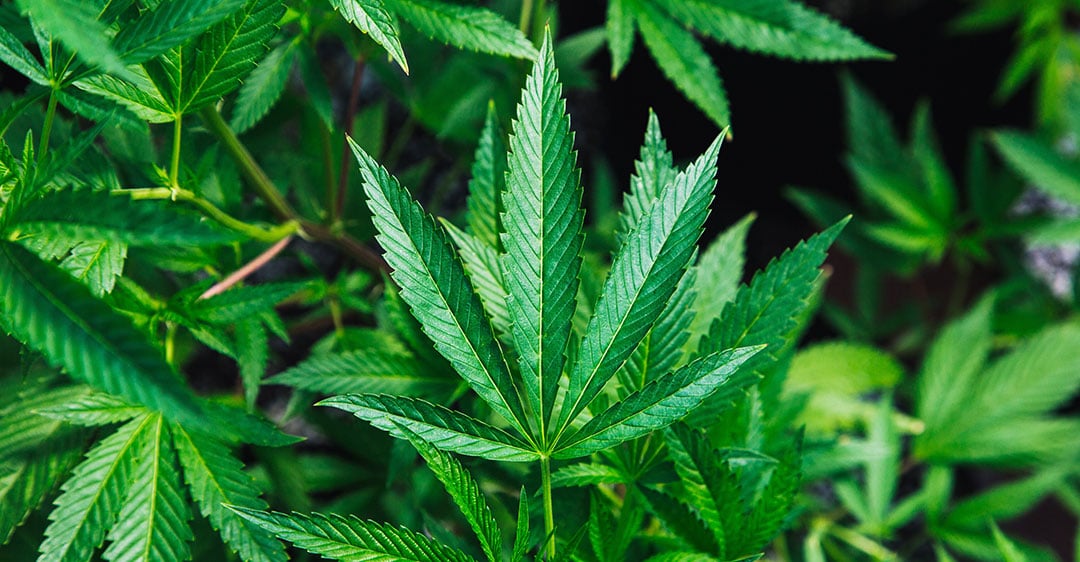After 95 years of prohibition, cannabis is legal in Canada for recreational use.
There was fanfare; there was hesitation. There was celebration; there was exasperation. The only thing that wasn’t in short supply the morning of October 17th, 2018, was a slew of emotions from a country that has been hurtling towards this moment for years…exactly the kind of fodder that will be sure to pique the interest of loyalty marketers. And while marketers south of the border may not feel the immediate effects of legalization in Canada, growing support for cannabis in U.S. means there may come a time when broad consumer access is simply a given. Ultimately, a cluttered industry fraught with regulation will challenge the strategic vision of leaders, and will deftly erode stagnant competitors.
The basic principles are the same for everyone: there are clear-cut rules that shape how marketing can be conducted for cannabis in Canada, and these ultimately dictate what any potential marketing or loyalty scheme might look like. At the moment, these are the basic points of legislation:
- Strict limitations on packaging, enforcing standardized warning symbols, and prohibitions on colors, logos, and materials.
- A ban on mass advertising, sponsorship, contests, endorsements and promotions that associate cannabis with attractive lifestyles.
- Branded merchandise will be allowed, under narrow provisions which can be further regulated at provincial discretion.
The guidelines seek to provide clarification for businesses and protect communities, but more questions are being raised than they are being answered. The truth is, manufacturers and lawmakers alike are hazy about what constitutes an acceptable marketing endeavour, and what crosses the line into indictability.
The impacts these regulations have on loyalty marketing is beyond the comprehensive grasp of even the best experts in the field. While many businesses refer to existing regulated industries (like pharma, alcohol, and tobacco) for guidance, one thing that’s clear is that any cannabis marketing context needs to be thought of in its own tactical bubble. And though there is some overlap in terms of legislation and precedent, cannabis maintains a unique niche in the consumer landscape.
Getting down to the core of the issue is how the landscape reflects in the psychologies of consumers themselves: negative perceptions around the drug have improved drastically over the past few years, and social acceptance is now much more prevalent. Consumers still find alcohol to be the most “socially acceptable” substance, according to studies on Canadian consumers, but cannabis support squarely occludes tobacco, which is seen as the most harmful and obtrusive to Canadians. However, present regulations for cannabis are more in-line with tobacco than alcohol (where marketing practices like sponsorships, contests, rewards, and open communications are commonplace).
[dropshadowbox align="center" effect="lifted-both" width="70%" height="" background_color="#ffffff" border_width="1" border_color="#dddddd" ]This means that marketing strategies need to balance regulatory obligations with consumers’ inherent demands, and innovators are desperately trying to carve out best practices.Enter your content here.[/dropshadowbox]
As of now, there is a dearth of these marketing best practices for the cannabis industry. Many companies are treading lightly, but are salient of the urgency for activations that have potential to propel pioneers to the top of the industry and leave stragglers in the dust.
Social media is becoming a reliable channel for testing messaging and reaching consumers & advocates. Tweed, the main subsidiary of multibillion-dollar Canopy Growth, scatters its social media profiles with a campaign which relies on one sharp, concise summary of it’s product, and a simultaneous greeting to a generation of new consumers in a blossoming industry: “Hi.”
MedReleaf, a medical cannabis company, has released a “cannabis inspired” beer, with 4.20% alcohol content – a notoriously famous number in cannabis culture - but no actual cannabis in the product. In their gambit that the positive brand associations built now will act as the foundation for future shopper loyalty, they are tapping into fundamental loyalty principles in a world where no true loyalty programs exist.
Ultimately, time will tell exactly what loyalty marketing for the cannabis industry will look like. Some innovators will go too far and face legal consequences, while some will tread too cautiously and quickly become obsolete. Eventually, full scale loyalty programs may become a reality, or pressing regulations could become even more severe in their limitations and application. But the core principles of loyalty – building consumer trust, inspiring rather than coercing repeat purchase, growing equity through emotion, and fostering tangible excitement around the business – will always be a critical success factor, no matter what format they take.
Lanndon Lindsay is a reporter for The Wise Marketer.


